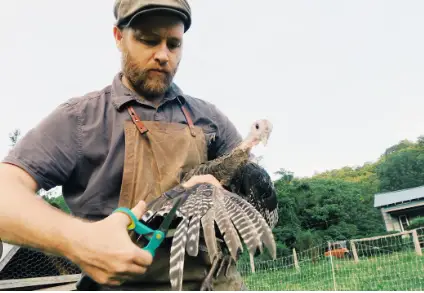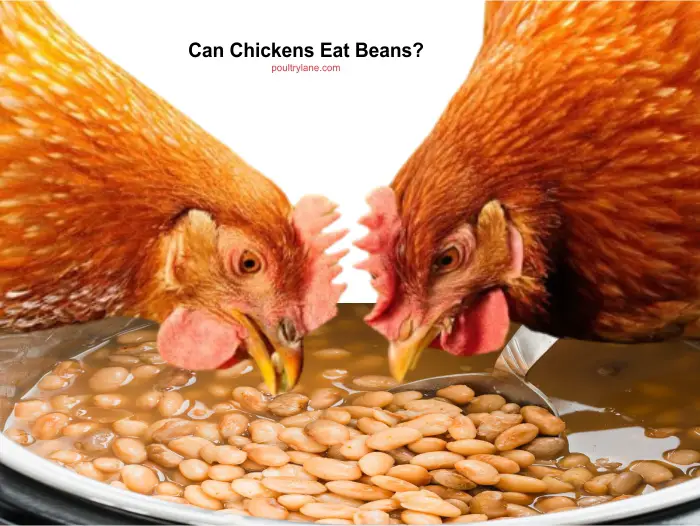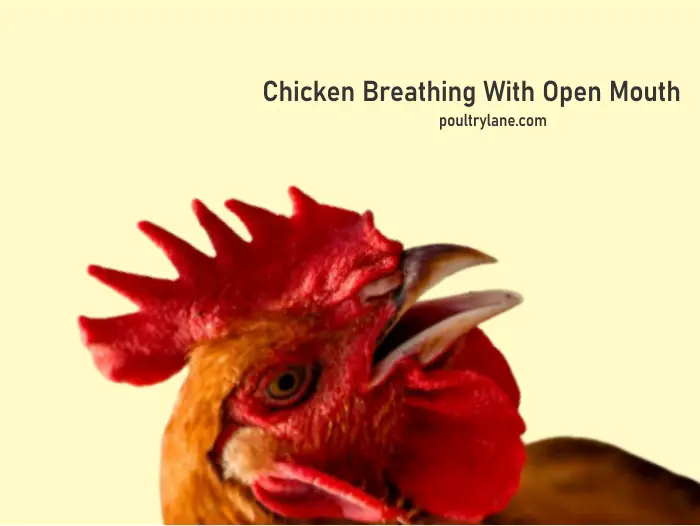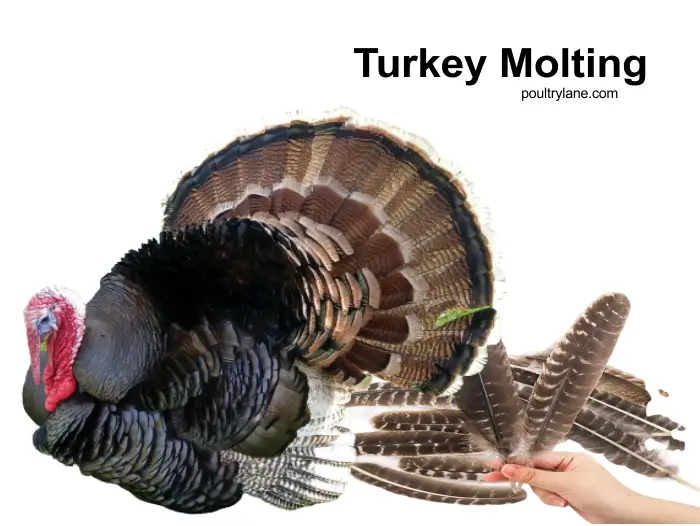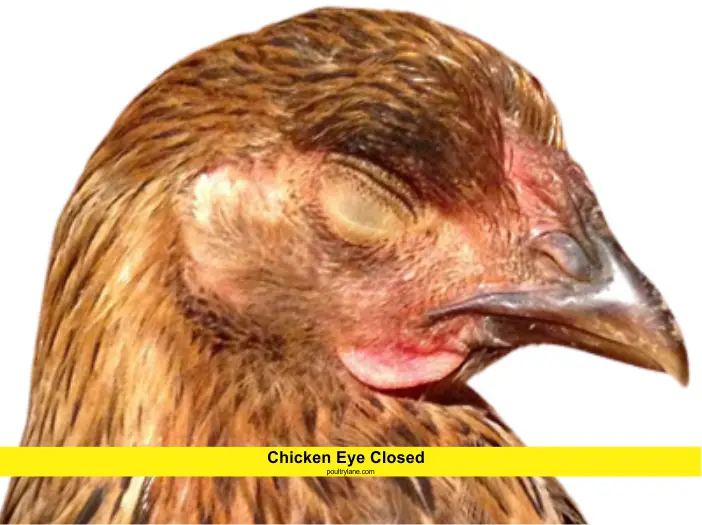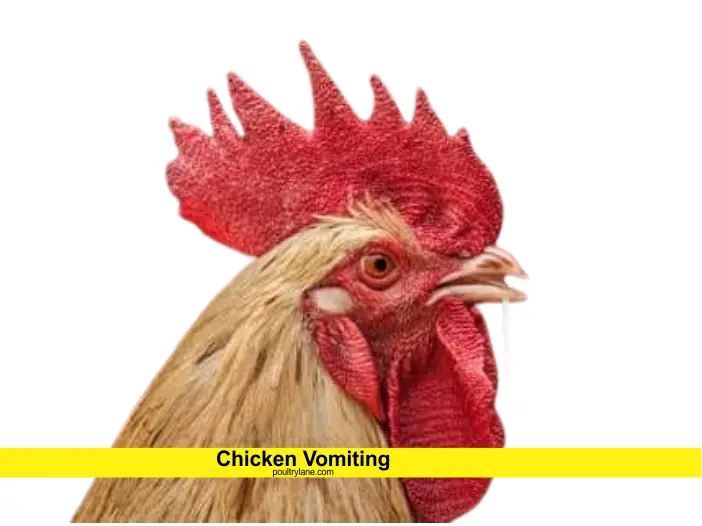Annual Poultry Shows and Fairs in Nebraska
Nebraska is renowned for hosting a plethora of poultry shows throughout the year, turning it into a thriving hub for poultry enthusiasts. With exhibitors showcasing a wide variety of breeds, from exuberant bantams to stately large fowls, these events allow both novice and seasoned fanciers to expand their poultry knowledge and breed understanding. Engaging workshops … Read more
